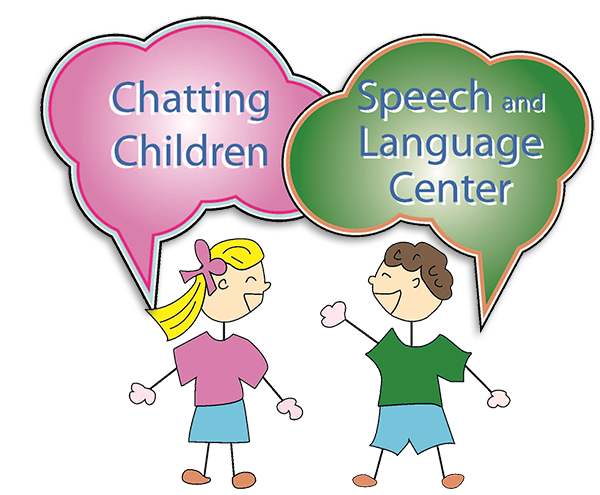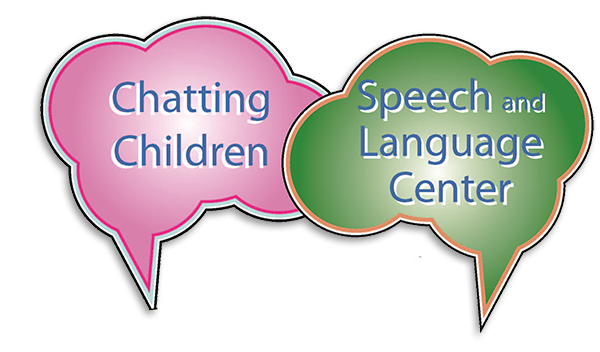At 24 months of age, children should have a vocabulary of 50-100 words and should be producing two-three word phrases. At this stage, a child’s vocabulary will consist mostly of nouns but they will begin using action words and pronouns as well. This is how children begin to string words together (e.g., “I eat”; “Daddy car”; “Drink juice”). Your child’s vocabulary should increase significantly between the ages of 2 and 3. Children should be using new words regularly and repeating words they hear in conversation.
It is important to note that when we think about language, we must also consider how well a child comprehends language (i.e., receptive language). A child must understand language to communicate verbally. At 24 months of age, your child should be able to identify body parts and clothing, follow two-step commands, respond to yes/no questions and point to objects and action words in pictures.
Parents can encourage language development throughout the day. Speak to your child constantly. Narrate your actions and other children’s actions. Sing to your child and leave out familiar words for them to fill in (e.g., “Row, row, row your ___”). Read to your child daily. This does not mean that you have to read each word but look at the pictures and label items on each page. Label nouns, location of objects and verbs. Then have them point to target vocabulary words. Daily activities such as cooking, cleaning and bath time are wonderful ways to teach language. Explain what you are doing as you cook a meal (e.g., “I am stirring”). Play with bath toys and make them perform different actions in the bath (“Look, the fish is swimming! The boy is jumping in the water”).
Recognizing, accepting and treating speech and language delays at an early age can prevent further difficulties in the future. The primary goal of speech and language therapy at a young age is to help your child to better communicate with their peers and adults.

